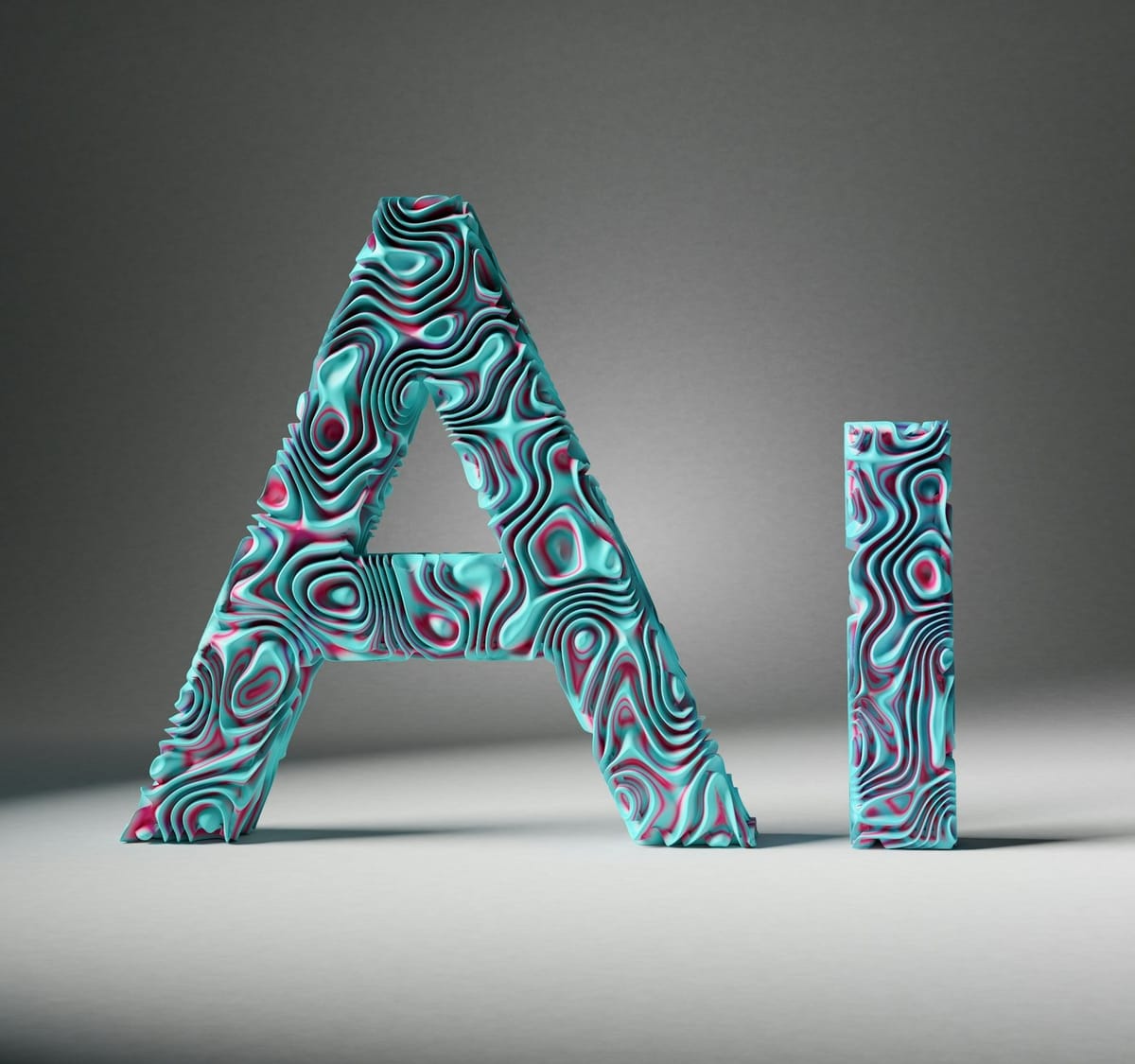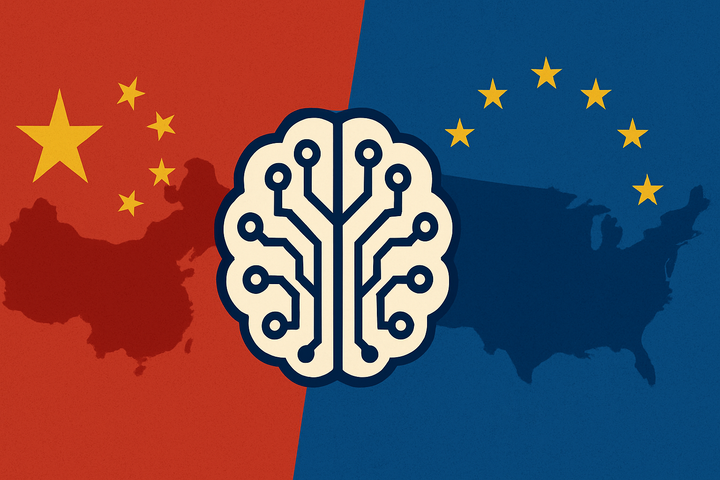UN Summit Confronts AI’s Dawn of Wonders and Warnings
The UN’s AI for Good Summit 2025 explores AI’s promise and peril, from health tech to global regulation gaps.

That’s the high-stakes question driving the AI for Good Global Summit 2025, which opened on July 8 in Geneva under the United Nations’ banner. The four-day event brings together tech leaders, regulators, academics, and civil society to align AI innovation with humanity’s greatest needs—and gravest concerns.
Hosted by the International Telecommunication Union (ITU), the summit is more than a technology showcase. It’s a global call to action.
“The biggest risk we face is not AI eliminating the human race,” said ITU Secretary-General Doreen Bogdan-Martin in her opening keynote.
“It is the race to embed AI everywhere, without sufficient understanding of what that means for people and our planet.”
Tech Wonders, But at What Cost?
From autonomous orchard robots to drone-based biodiversity monitoring, over 200 demos across 20,000 square meters at Geneva’s Palexpo are pushing the boundaries of what AI can do. Flying cars, brain-computer interfaces, and AI-driven emergency response tools share the spotlight with more humble but equally vital innovations, like AI-powered sanitation units.
But this isn’t a celebration without caveats. The summit is confronting AI’s risks head-on—including bias, energy overuse, and the widening gap in AI capabilities between wealthy and low-income nations.
An ITU survey reveals that 85% of countries still lack a national AI strategy, making coordinated governance nearly impossible and heightening the risk of uneven AI development and digital dependency.
Focus on Health: From Emergency Rooms to Rural Clinics
AI’s potential to revolutionize healthcare is a centerpiece of the summit.
On July 9, the World Health Organization (WHO) leads a pivotal session on “Enabling AI for Health Innovation and Access,” highlighting real-world AI applications in emergency triage, diagnostics, and traditional medicine.
Experts will explore how AI can overcome barriers in low-resource settings, while also discussing challenges such as data interoperability, regulatory harmonization, and intellectual property rights in global health ecosystems.
A Wake-Up Call on Governance
Thursday’s AI Governance Day will spotlight the global regulatory vacuum. While generative and autonomous systems evolve rapidly, policy is lagging dangerously behind. International coordination is still in its infancy—despite mounting calls for universal AI ethics frameworks and cross-border safety protocols.
Without structured governance, the AI divide could worsen inequality, marginalize communities, and allow harmful use cases to flourish unchecked.
Youth, Equity, and Innovation Take Center Stage
In a powerful reminder of AI’s promise, youth robotics teams from underserved regions are showcasing disaster recovery tools and climate tech. Startups in the Innovation Factory are presenting AI solutions for education, health, and sustainability.
Meanwhile, the AI for Good Awards will honor projects that deliver measurable impact across the UN’s “people, planet, and prosperity” pillars.
A Shared Future, A Shared Responsibility
As the summit continues, the message is clear: AI is no longer optional or abstract—it’s now a shared responsibility.
“Let’s never stop putting AI at the service of all people and our planet,” Bogdan-Martin said, closing her keynote.
Whether the world can turn that vision into reality will depend on what happens after the summit ends—when the code, policy, and political will must come together.
Actionable Takeaways:
- Track AI Governance Day outcomes for upcoming global regulatory shifts.
- Watch for WHO’s technical brief on AI in traditional medicine.
- Explore youth-led and startup AI solutions for scalable public good.


